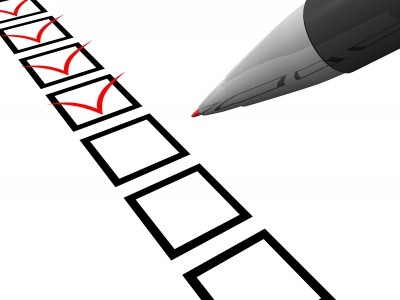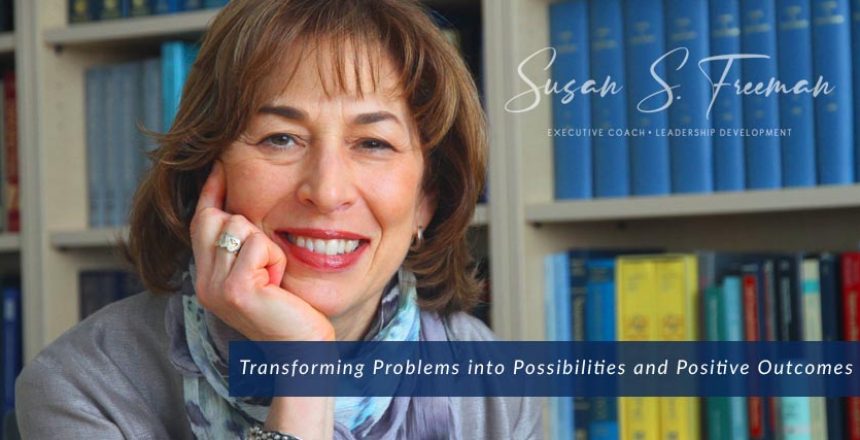 May brought the holiday of Mother’s Day. I was fortunate to have had one of the most memorable in my life. I spent it at a beautiful nearby beach during Florida’s glorious spring weather. While on a long Mother’s Day morning walk along the shore, I observed many families; lots of mothers and daughters, fewer mothers and sons, young couples with pregnant “mother’s to be.” Then something caught my eye.
May brought the holiday of Mother’s Day. I was fortunate to have had one of the most memorable in my life. I spent it at a beautiful nearby beach during Florida’s glorious spring weather. While on a long Mother’s Day morning walk along the shore, I observed many families; lots of mothers and daughters, fewer mothers and sons, young couples with pregnant “mother’s to be.” Then something caught my eye.
It was a family of four with two young adolescent boys. The father was taking a photo of the mother and sons. As soon as the photo was captured, the boys sauntered off in other directions, as did the husband. I saw the mother looking around, as if longing for a moment of true connection that would outlast a snapshot. But alas, the box had been checked. Now everyone could go about their own business.
I might have been making a lot of a small observation had it not been for lunch with a client yesterday. We were discussing the changes and results she was experiencing after participating in our recent “Step Out of Overwhelm” tele-course. At one point she stated:
“I used to feel as if I was simply checking the boxes as a leader and now I don’t. My shift is having a big impact in how I feel and lead at work.”
It hit me, twice within 24 hours. How many times are leaders “checking the boxes” unaware of the impact that has on people around them?
There are many pros to checking boxes. It helps bring order to our chaotic lives by organizing the brain into task-based functions. It allows us to feel a sense of accomplishment and often completion. However efficient it may be, the benefits may be outweighed by the costs.
What are the costs of checking the boxes as a leader?
-
People can feel that from you. They aren’t really fooled
-
Their allegiance wanes; your relationships fray
-
Your attention is focused on everyone but who is right in front of you in any given moment
 As a leader, you have an opportunity to change this. The foundational element to stop the habit of “checking boxes” is to develop a strong, centered presence.
As a leader, you have an opportunity to change this. The foundational element to stop the habit of “checking boxes” is to develop a strong, centered presence.
When you are present in the moment, you are able to be fully present with the other.
To develop capacity for a centered presence:
-
Bring your attention to your breath.
-
Breathe long slow deep inhalations and exhalations from your belly.
-
Move the breath up to the top of the lungs, hold it and then release the breath very slowly.
-
Do this for 2-3 minutes frequently throughout your day.
I have seen that most people breathe from the top of the lung most of the time. This promotes moods and emotions of high-alert, stress, anxiety. They body is not relaxed, and neither is the mind.

